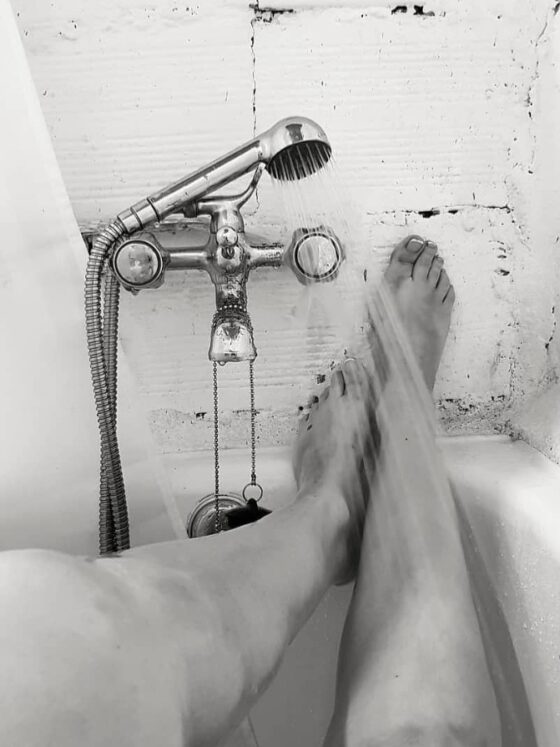
“A good self-esteem level is mostly dependent on how we value ourselves without any bias.” – Stephen Richards
People often think doing things for themselves is selfish. It’s not uncommon to hear things like, “It’s selfless to help others and unselfish to put others first.” or “You should help other people, but you shouldn’t put yourself first. You should always think of others before you think of yourself.”
This is toxic advice because it suggests that putting yourself first is wrong and that only by thinking of others can we be a good person instead of a bad one who puts ourselves first. Putting yourself first isn’t selfish. In fact, doing things for yourself – even if that means spending time alone – can be life-changing in the best way possible.
Self-Care Isn’t a Bad Word.
First, let’s debunk the myth that self-care is a bad thing. Why do so many people feel like self-care is not good and that they shouldn’t do it?
Self-care is actively taking care of your mental health and physical needs, not just brushing your teeth and going on as usual. It’s also making sure you’re taking time for yourself to do things that you enjoy and that make you feel good.
Self-care often has a bad rep because people have misconstrued what it means to be self-caring. Many people think you’re selfish when just taking care of yourself.
Self-Care Can Help You Help Others
Many people think that if you do self-care, you’re only doing it for yourself and not anyone else. That’s not true. Much self-care is even about helping others or making better connections and relationships with others.
Self-care is about making sure you’re in a good enough headspace where you can help others and be the best version of yourself. It isn’t selfish to do what’s best for you self-care can help you help others even more because you’ll be in a better place. Self-care is important. It’s just as important as helping others.
Self-Care Helps You Learn What You Want and Don’t Want in Relationships.
The more you do for yourself and explore your desires and needs, you’ll know about what you want out of relationships. You don’t have to be in a relationship to explore what you want and don’t want.
You can do that through self-care, such as journaling, meditating, and spending time yourself. Or you can book solo travel trips, get a tattoo, or even get a septum piercing! There is no one right or wrong way to explore what you want from relationships and life.
You can also identify the unhealthy relationship patterns you may have, such as the people or situations you tend to keep putting yourself in. By engaging in self-care and exploring your desires, you can make better decisions about who you want in your life. You can make better decisions about who you want to date. You can make better decisions about who you want to be friends with.

Self-Care Shows You What Makes You Feel Good — and What Doesn’t
When you engage in self-care, you learn what makes you happy. You know what you like and what you don’t like. You understand what puts you in a good mood and what makes you feel bad.
When you ignore your needs and desires for the sake of others, you never get the chance to explore what makes you feel good. This is bad because you aren’t living your best life by ignoring it. Your needs and desires. Instead, you’re letting other people control how you feel and how happy you are. You’re letting other people decide what makes you happy and what doesn’t. This isn’t a good thing because other people aren’t you. They don’t have the exact needs, desires, and interests as you do.
Of course, self-care can also support you when you undertake more conventional measures towards health. If you’re dealing with an illness, on top of your treatment plan you might consider PLNTD.com.au for additional plant therapies. Self-care often means determining what’s right for you, alongside the wisdom and practical advice of others.








